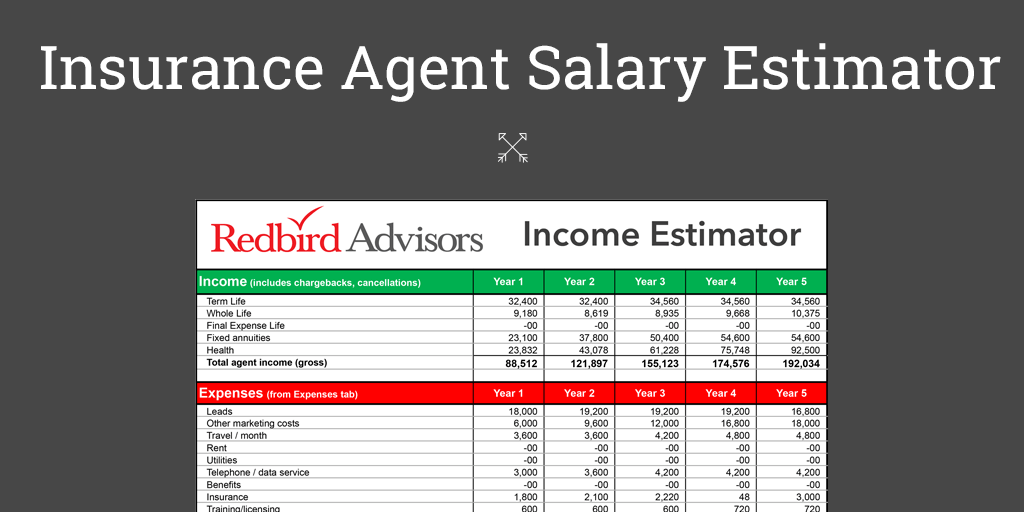
Navigating the world of life insurance can be daunting, especially with the evolving landscape of products available. One such product that has been gaining traction among high-net-worth individuals is premium finance life insurance. As an insurance agent, it’s crucial to have a comprehensive understanding of this concept to assist clients in managing their wealth and estate planning strategically.
This guide aims to demystify everything from what premium financing entails to the application process, qualifications, eligibility, and everything in between.
Demystifying Premium Finance Life Insurance
At its core, premium finance life insurance involves securing a loan from a third-party lender to cover the life insurance premiums of a permanent life insurance policy. This strategy is particularly appealing to high-net-worth individuals who prefer not to liquidate their assets or tie up their cash flow to pay hefty life insurance premiums.
Instead, the life insurance policy itself serves as collateral for the loan, and the interest can either be paid periodically or capitalized into the loan.
Ultimately, the death benefit will be used to settle the loan balance, with the remaining amount going to the beneficiaries.
Why Premium Financing?
It’s a strategy that only few can qualify to use and for those that are eligible, it provides great benefits.
- Capital Preservation: Premium financing enables clients to keep their investments and assets intact, as there is no need to liquidate them to cover insurance premiums.
- Leverage: Clients can secure a substantial amount of life insurance coverage without tying up their liquid assets.
- Tax Benefits: Depending on the jurisdiction, the interest paid on the loan may be tax-deductible.
- Estate Planning: Premium financing facilitates wealth transfer and estate planning by providing a sizable death benefit to heirs without incurring estate taxes.
Qualifying for Premium Financing
To be eligible for premium financing, clients must meet specific criteria:
- High Net Worth: Premium financing is tailored for high-net-worth individuals with a significant amount of illiquid assets.
- Strong Credit History: A robust credit history is essential as interest rates are influenced by the client’s creditworthiness.
- Sufficient Collateral: Although the life insurance policy serves as the primary collateral, the lender may require additional collateral.
- Age and Health: Clients should be in relatively good health and typically fall within the age range of 35-65.
Application Process for Life Insurance Premium Financing
- Assessing Needs: Begin by evaluating the client’s financial situation, needs, and goals to ascertain if premium financing is a suitable option.
- Selecting a Policy: Choose a universal life or whole life insurance policy that aligns with the client’s needs and objectives.
- Applying for a Loan: Submit a loan application to a lender that specializes in premium finance loans. This application will necessitate detailed financial information and may also require a medical examination.
- Collateralizing the Policy: The life insurance policy will be used as collateral for the loan.
- Paying the Premiums: The loan proceeds will be utilized to pay the life insurance premiums.
- Regular Reviews: Periodically review the policy and loan terms to ensure they remain suitable for the client’s evolving circumstances.
Navigating the Risks
- Interest Rate Risk: Fluctuating interest rates may render the loan less attractive if there is a significant increase.
- Policy Performance Risk: The loan repayment and the death benefit available to beneficiaries may be impacted by the performance of the underlying insurance policy.
- Credit Risk: A decline in the client’s creditworthiness may result in higher interest rates or loan denial.
- Tax Risk: Tax treatment of the loan interest and death benefit may vary based on jurisdiction and changes in tax law
Frequently Asked Questions
What is premium finance life insurance?
Premium finance life insurance is a strategy that involves securing a loan from a third-party lender to cover the life insurance premiums of a permanent life insurance policy, such as universal life or whole life. This approach is especially attractive to high-net-worth individuals and business owners who prefer not to liquidate their liquid assets or compromise their cash flow to pay life insurance premiums. The insurance policy serves as collateral for the loan, and upon the death of the insured, the death benefit is used to repay the loan balance, with any remaining funds going to the beneficiaries.
What are the pros and cons of premium financing?
Pros:
- Liquidity Preservation: Clients can maintain their investments and assets, as there is no need to liquidate them to cover insurance premiums.
- Leverage: Clients can obtain a significant amount of life insurance coverage without depleting their liquid assets.
- Tax Benefits: Depending on the jurisdiction, the interest payments on the loan may be tax-deductible.
- Estate Planning: Facilitates estate planning by providing a substantial death benefit to heirs without incurring estate taxes or gift tax.
Cons:
- Interest Rate Risk: Fluctuating interest rates may affect the attractiveness of the premium financing arrangement if there is a significant increase.
- Policy Performance Risk: The performance of the underlying insurance policy impacts the loan repayment and the death benefit available to beneficiaries.
- Credit Risk: A decline in the client’s creditworthiness may result in higher interest rates or loan denial.
- Tax Risk: Tax treatment of the loan interest and death benefit may vary based on jurisdiction and changes in tax laws.
What is the purpose of a premium finance company?
A premium finance company specializes in providing premium finance loans to clients for paying their life insurance premiums. These companies play a crucial role in premium financing arrangements by lending the necessary funds to cover the policy premiums, enabling clients to preserve their capital and manage their cash flow more efficiently.
Is premium financing legal?
Yes, premium financing is legal and is a widely accepted practice used by wealthy individuals and business owners for wealth management and estate planning purposes. However, regulations and tax treatment may vary from one jurisdiction to another, so it is advisable to consult with financial advisors or legal professionals before entering into a premium financing arrangement.
What is the difference between a life insurance contract and a life insurance policy?
A life insurance contract is a legal agreement between the policyholder and the insurance company, outlining the terms and conditions, premiums, death benefit, and other features of the life insurance coverage. A life insurance policy, on the other hand, is the actual document issued by the insurance company to the policyholder, serving as evidence of the insurance contract.
What are the different types of policies offered by a premium finance company?
Premium finance companies do not offer insurance policies. Instead, they provide loans to cover the premiums of permanent life insurance policies, such as universal life or whole life policies, obtained from an insurance company. The premium finance company provides the necessary funds to pay the premiums, while the insurance company issues and manages the life insurance policy.
How are premiums calculated?
Premiums for life insurance policies are calculated based on several factors, including the type of policy, the amount of coverage, the age and health of the insured, and other underwriting criteria set by the insurance company. For premium financing arrangements, the interest rates on the loan are determined by the client’s creditworthiness and the terms set by the premium finance company.
Conclusion
Premium finance life insurance is a potent tool for high-net-worth individuals to strategically manage their wealth and estate planning. However, it is not a one-size-fits-all solution and carries inherent risks. As an insurance agent, it is imperative to understand the nuances of premium financing, assess your client’s suitability, and weigh the potential risks before recommending this strategy.
Armed with this knowledge, you can provide invaluable advice to your clients, helping them make informed decisions and optimize their financial strategies. Ultimately, understanding premium finance life insurance will empower you to better serve your high-net-worth clients and assist them in navigating the complexities of wealth management and estate planning.


